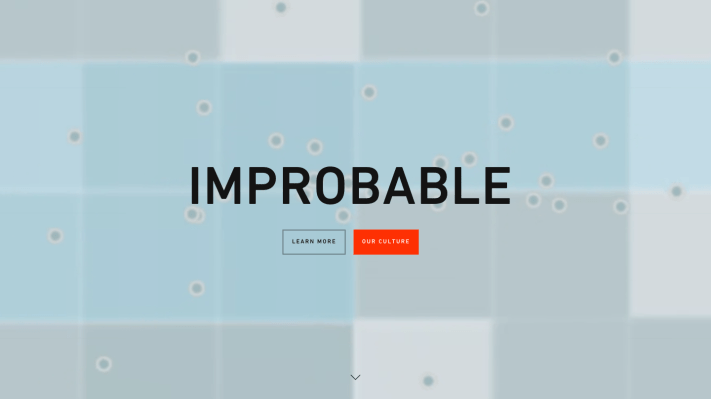Improbable, a London-based company that provides the backend plumbing to make simulated worlds (which includes large-scale virtual reality) possible, has landed a $20 million investment from Andreessen Horowitz.
It’s not easy to explain what Improbable, which was founded at Cambridge University by computer scientists Herman Narula and Rob Whitehead, does. That’s because it goes unseen by users — and ideally it is largely invisible to developers too. Essentially, its platform creates the conditions needed to develop large scale simulations, for example the environment of a virtual reality game or an augmented reality, like that which TechCrunch’s Josh Constine recently experienced.
In Improbable’s own words, the company handles the dirty details beyond making these worlds exist and function:
Improbable is creating an operating environment that makes simulated worlds possible. Simulated worlds are digital spaces that can run in real time containing millions of entities with interesting behaviour that work in concert to create functioning worlds: spaces with their own rules and properties that a multitude of people can simultaneously change, explore and visualise in as many different ways as developers can imagine.
Furthermore, it simplifies things for developers, who currently face plenty of issues when developing for 3D environments. The Improbable platform manages the load across servers, handles scale, and simplifies the actual development of code — which can be written for a single machine, and done using engines like Unity and Unreal.
For now, the most obvious use of the technology is with games and VR demonstrations, but Andreessen Horowitz partner and early Oculus investor Chris Dixon, who is joining the Improbable board as part of the deal, said much more is possible:
Beyond gaming, Improbable is useful in any field that models complex systems — biology, economics, defense, urban planning, transportation, disease prevention, etc. Think of simulations as the flip side to “big data.” Data science is useful when you already have large data sets. Simulations are useful when you know how parts of the system work and want to generate data about the system as a whole. Simulations are especially well suited for asking hypothetical questions: what would happen to the world if we changed X and Y? How could we change X and Y to get the outcome we want?
Improbable said it is working with “a carefully selected group of studios” to develop the first uses of its technology.
The startup made waves in London’s tech scene by hiring a range of top names, including Nick Button-Brown from Crytek and Google Hangouts developer Sam Kalnins.
